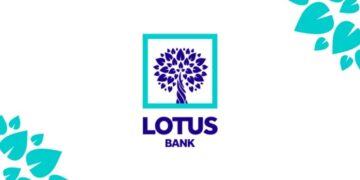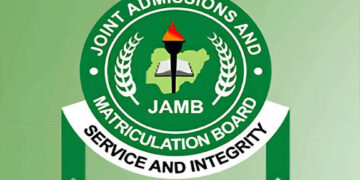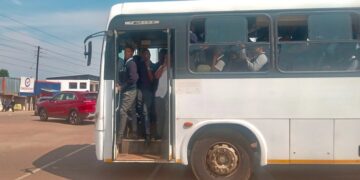Despite rising awareness of their rights, children across Eastern and Southern Africa still face severe obstacles to education, according to a new UNICEF survey.
The report, involving over 5,471 children from countries including Botswana, Malawi, Mozambique, Namibia, South Africa, Zambia, and Zimbabwe, highlights alarming issues ahead of World Children’s Day 2024.
While 87% of children recognize their rights, nearly half cite major challenges like a lack of learning materials, high school fees, long travel distances, and overburdened teachers as barriers to accessing quality education.
Girls across the region voiced concerns about limited access to menstrual hygiene support, with inadequate school facilities and safety issues compounding these challenges.
In Tanzania, 40% of surveyed youth believe education should be a priority by 2050, yet the lack of immediate reforms around digital literacy, vocational training, and entrepreneurship hinders progress.
In Somalia, only 34% of children are enrolled in primary school, with a staggering number of girls and children with disabilities reporting unsafe, inadequate learning environments.
The survey underscores UNICEF’s call for urgent government action, advocating that at least 20% of national budgets be allocated to education to tackle these systemic issues and bridge the widening educational gap.
P.S This story on educational challenges across Eastern and Southern Africa is based on data and findings released by UNICEF ahead of World Children’s Day 2024, sourced from the United Nations Children’s Fund’s (UNICEF) report published through AllAfrica Global Media .



















































































 EduTimes Africa, a product of Education Times Africa, is a magazine publication that aims to lend its support to close the yawning gap in Africa's educational development.
EduTimes Africa, a product of Education Times Africa, is a magazine publication that aims to lend its support to close the yawning gap in Africa's educational development.